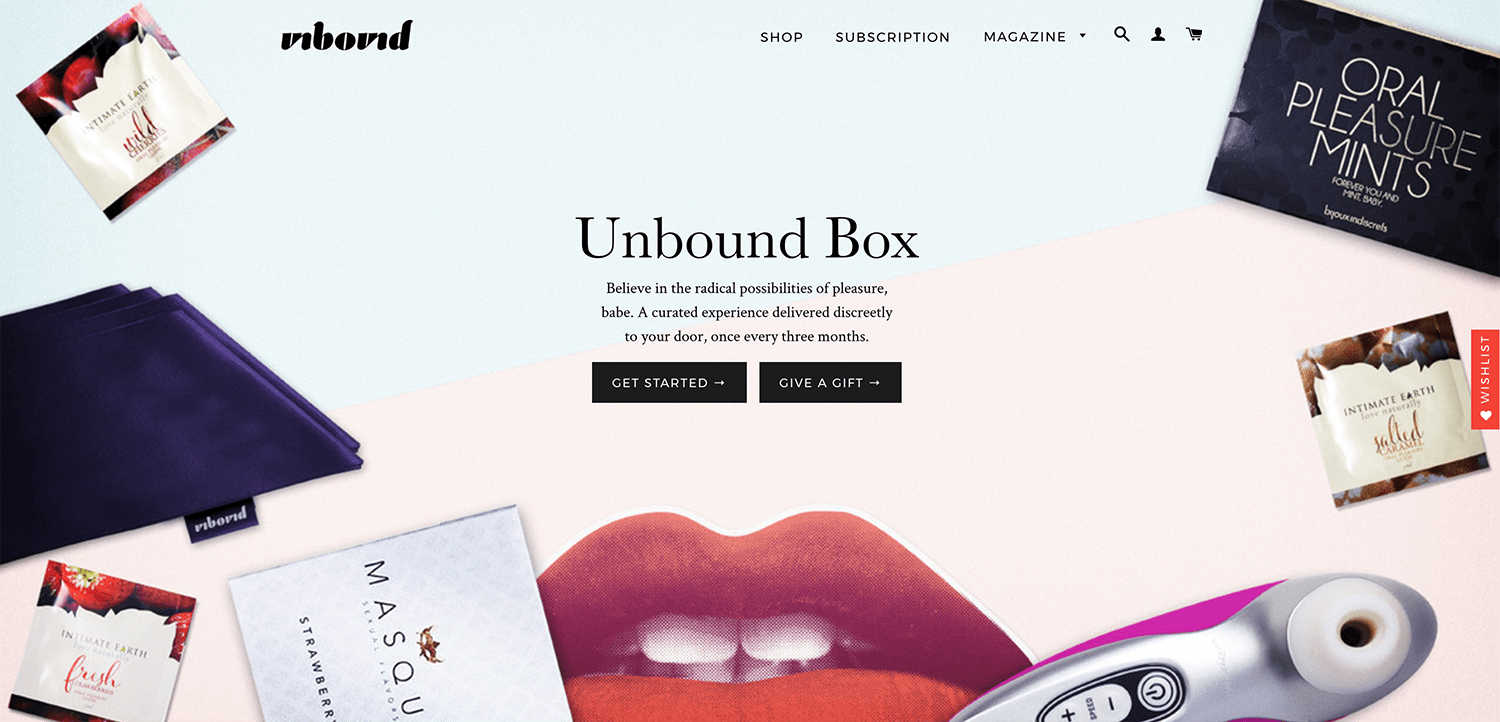Today, emerging opportunities in “sexual technology” are already making dating and hook-up apps look like yesterday’s news. While sex tech may sound like a niche industry, it’s already valued at more than $30 billion. Last year, Bryony Cole launched the Future of Sex podcast to explore how sex tech is affecting intimacy, connection and relationships.
Below, Cole discusses ethical issues and the role of women’s sexuality in the coming sexual technology revolution. For more on the future of women, download our 2016 trend report Women, Next.
Can you give a brief background on how The Future of Sex podcast started, and why?
I was researching the future of nightlife when I stumbled upon this word: sextech. What does the future of nightlife look like if you incorporate technology like VR? What struck me was that there were these guys who were creating [VR sex] in their garage, like out of a sci-fi movie, with the intention that they’ll never have to leave their couch again. You can just put on a VR headset and immediately be in a hot tub with three supermodels, and truly feel like you’re there.
At the time I thought, “What’s going to happen when that’s mainstream?” How will we navigate relationships? How will we navigate infidelity? So I decided to do a new project, “The Future of Sex.” I interviewed futurists like Ross Dawson about this combination of sexuality and technology, beyond just VR porn. There’s a whole umbrella of sexuality from health to pleasure to education, where some of the most interesting applications are.
Looking at all the different technologies that fall under this futuristic umbrella, whether that’s AI, VR, sex toys or remote connection—or even things like Skype—I thought, “Wow, I’ve uncovered quite a large map. Why isn’t anyone else talking about the ethics behind what we’re creating and the products that we’re investing in?” Because this is going to impact us all. If we think relationships are hard now, let’s try navigating them in five years when we have all this new technology that we have to grapple with.
Are brands beginning to grapple with the ethical questions around some of these issues?
The pattern has been to create the technology now and figure it out later. I think people are now starting to ask questions about how we navigate technology and relationships. But who’s going to be the governing body? When we think about the Wild West that technology is, it’s so easy to create it ourselves and get initial concepts up and running. Who’s the person that says, “No, I’m sorry, this sex robot isn’t right. But this one is.” It’s such a complex, complicated industry.
The flip side is companies like Facebook or PayPal that are making it really hard to even get a sex tech business up and running. There are some cultures where those businesses are considered totally illegitimate, whether it’s vibrator companies or sex toy subscription boxes. Anything focused on female pleasure or menstruation quite often gets banned from Facebook. So there’s definitely attention there around who is creating the rules, who’s asking the ethical questions, and who is answering them, which is the crux of the podcast.





